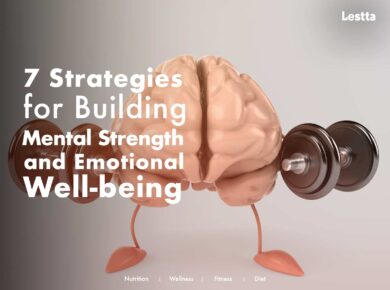
Depression is characterized by a profound and prolonged state of sadness, accompanied by a range of physical and emotional symptoms. These can include persistent feelings of sadness or emptiness, loss of interest in previously enjoyable activities, and even thoughts of self-harm or suicide.
The Impact of Depression

The effects of depression ripple through every aspect of a person’s life. Relationships may strain under the weight of emotional withdrawal, and professional performance can suffer due to reduced concentration and motivation.
Depression can exacerbate physical health conditions and increase the risk of substance abuse. Recognizing the far-reaching consequences of depression emphasizes the importance of seeking help and support.
Seeking Help and Treatment

If you or someone you know is struggling with depression, seeking help is the first step towards recovery. Professional assistance, such as therapy or counseling, can provide valuable insights into the root causes of it and equip individuals with coping strategies.
In some cases, medication may also be prescribed to alleviate symptoms. It’s crucial to remember that treatment plans are highly individualized, and what works for one person may not work for another.
Coping Strategies

While overcoming depression may seem like an uphill battle, there are several coping strategies that can help individuals better manage their symptoms:
- Reach Out: Don’t be afraid to lean on your support network. Friends, family, and support groups can provide emotional comfort and a sense of belonging.
- Practice Self-Care: Engage in activities that bring you joy and relaxation. Regular exercise, a balanced diet, and sufficient sleep can contribute to overall well-being.
- Mindfulness and Meditation: These practices can help you stay grounded in the present moment, reduce rumination, and alleviate some of the emotional distress.
- Set Realistic Goals: Break tasks into smaller, manageable steps. Accomplishing even minor goals can boost your sense of achievement and self-worth.
- Professional Help: Don’t hesitate to seek help from mental health professionals. Therapy, counseling, and support groups can provide the tools needed to navigate through depression.
Shedding Light on the Path Forward

While depression can feel overwhelming, it’s important to remember that recovery is possible. By shedding light on the darkness within and seeking the appropriate help, individuals can take control of their mental health journey.
It’s essential to address any stigma surrounding depression and prioritize open conversations about mental well-being. Through understanding, empathy, and access to effective treatment, we can collectively work towards a brighter future for those grappling with depression.
Conclusion
Depression is a complex and multifaceted mental health condition that can cast a shadow on every aspect of a person’s life. By shedding light on the darkness within, we can begin to dispel the myths and misconceptions.
Seeking help, practicing coping strategies, and fostering open conversations about mental health are essential steps towards managing and overcoming depression. Remember, you are not alone, and there is hope for a brighter tomorrow.









